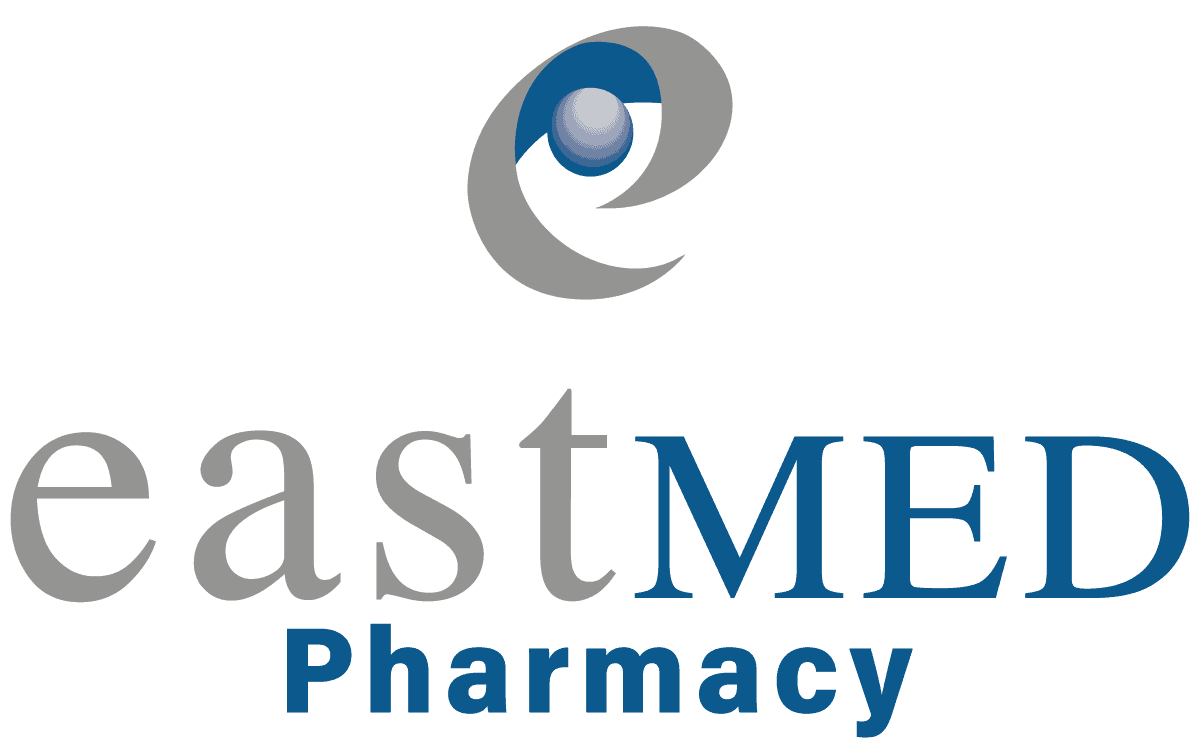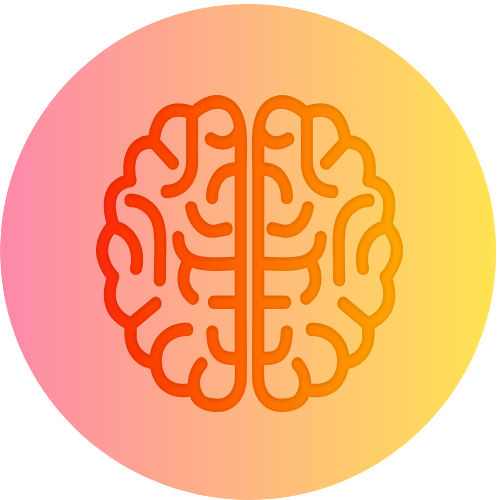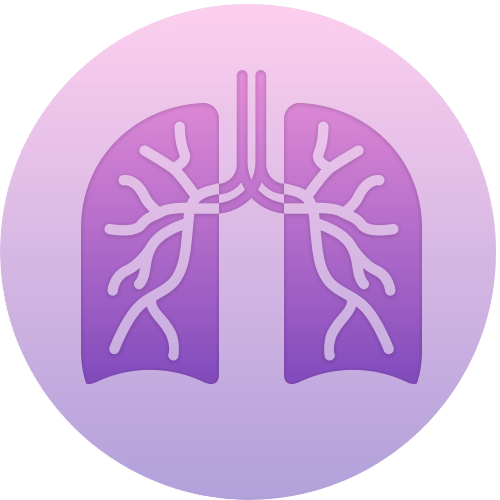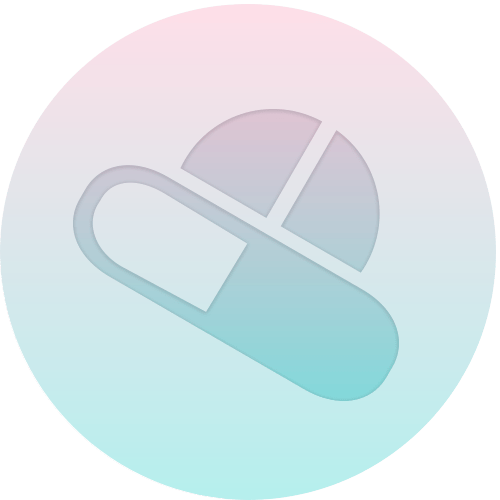Why is my medicine always out of stock?!
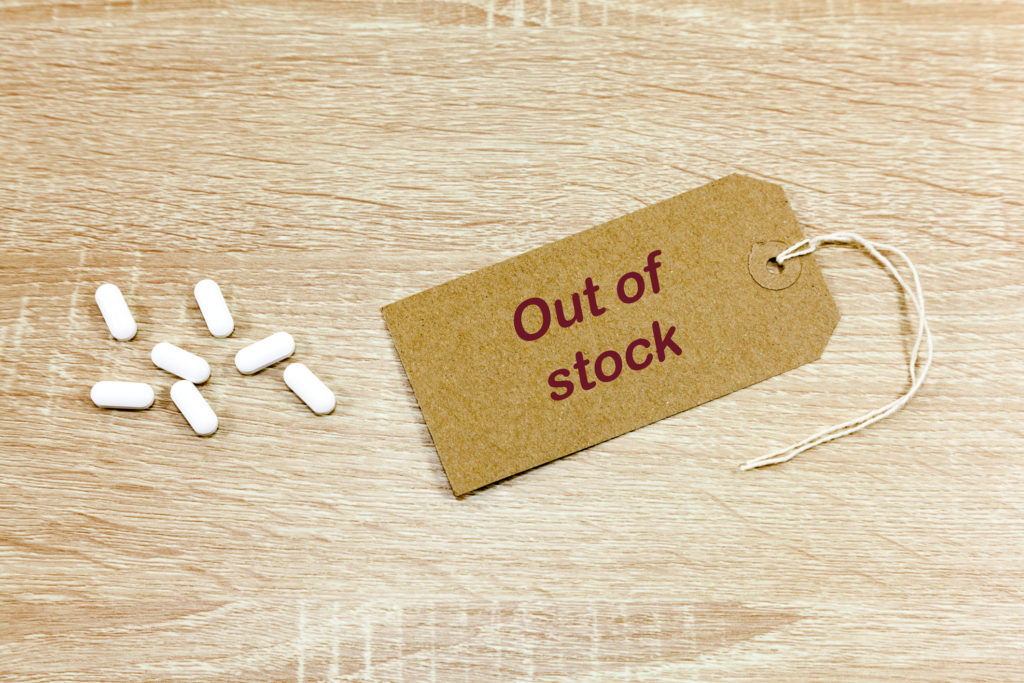
Living in a small country thousands of miles away from the rest of the world seems to be a lifestyle we all embrace as New Zealanders and sometimes take for granted. From being the first to see daylight, to a more simplistic society, where everyone seems to be living the life that someone across the world is striving to achieve their entire life.
We all like to think that New Zealand is a model for a self-sustainable society where we are proficient in looking after ourselves through our “Kiwi-made” produce, innovation, and ingenuity. At the same time, we are more than capable to look beyond the horizon by exporting the best we can produce in exchange for financial securities. This is the model New Zealand has built itself on for decades. However, are we a little delusional to think that we can sustain ourselves alone in this post COVID world? Even in the world before COVID, no country, including our own, could maintain a high standard of living without some sort of foreign trade. One of the reasons is because maintaining a very complex civilisation requires a wide variety of elements and there is simply no country on earth that contains all the raw materials that one needs for a civilisation to thrive.
Working as a pharmacist has allowed me to see the truth: that self-sustainability is desirable but not ideal. Recently a patient of mine asked me a very intriguing question, “Why is my medicine always out of stock?” That is a very good question and one that our team has had to deal with on a daily basis. I think a better question to ask is “Why are there medication supply issues in New Zealand or perhaps the world?” Medicine supply issues are not news to a pharmacist. Each year, there are bound to be a couple of hundred medication supply problems.
Many of you might think that it must be a human error that contributes to these shortages. That is very true, behind almost all of the drug shortage problems are some sort of human factor. Whether it is the manufacturer which cannot keep up with the demand due to short sightless, medication being recalled due to human error during production line leading to a backlog of orders that can’t be fulfilled, discontinuation of production, and the process of finding a new manufacturer to take up the role or simply “my factory burned down” are all some of the reasons that contribute to drug shortages both nationally and globally.
Besides the uncontrollable pandemic that the world is facing right now, medication shortages are the next crisis and are already brewing. The frequency of alerts and the number of drugs in undersupply at the moment is shocking for a first-world country like us. Take the most recent shortage of paracetamol tablets as an example. Many of you might think that how could such a commonly used drug be on the shortage list. That is so true, I simply cannot believe it myself either! The shortage we are seeing now is a direct result of limited export due to the COVID-19. India is the world’s largest supplier of generic drugs including paracetamol. The real problem is that India’s drug company relied on China for almost 70% of the active ingredients in their medicines and it happens that there are still many provinces in China that remain in lockdown. With the supply chain problem lying in plain sight coupled with the rapid rise in demand, irresponsible prescribing and panic buying. It created a perfect formula for a shortage crisis to occur. Sometimes we just simply have no clue the sort of impact the other country and most importantly our own behaviour will have on our livelihood.
Some of you might ask, wouldn’t it be nice if NZ can manufacture both the active ingredients and the paracetamol without relying on India and China. Yes, that would be fantastic in an ideal world. However, it is practically impossible and probably not desirable. The world is a much smaller place than it was 30 years ago. Nations around the world depend on each other for many things. It makes more sense to collaborate with other nations for mutual benefit. The idea of complete self-sufficiency simply does not work at least in the best interest of us Kiwis. Yes, if we do everything ourselves, we would potentially create more jobs here on our home soil. However, we need to bear in mind that different nations have different competitive advantages in producing different things, and cutting ourselves off from the producers who can produce the same goods at a much lower cost means that paracetamol could be more expensive both to manufacture and to purchase in NZ.
Rather than moving down the track of “doing it ourselves” mentality, the steps that each nation, FDA, WHO, and our one and only – Pharmac should do to prevent drug shortage crisis from happening is to improve data collection to track how manufacturing capacity is stacking up against medical demand. Through this tracking system, nations can compel drug companies to accelerate the production of certain in-demand drugs. Also, regulatory bodies around the world should make it compulsory for drug companies to disclose their raw ingredients supplier so that any production hiccups can be detected early to prevent progression to another shortage crisis.
Look, medication shortages will stick around like a bad smell at least for the foreseeable future. The best thing we all could do to stop this situation from deteriorating further is to play our part by not stockpiling medicines at home and panic buying. Do not buy 400 tablets of paracetamol or Panadol for the sake of stockpiling so that you and your family can have enough for the next 10 years. Panic buying is an irresponsible action that is detrimental to our health system and putting patients who need them the most at unnecessary risk.
So next time when you are in the pharmacy collecting your repeat prescription, do not be surprised that you can only have certain medicines one month at a time. It’s probably because there is a shortage occurring that you are not aware of.
To you and your family’s health.
Chris
Pharmacist
